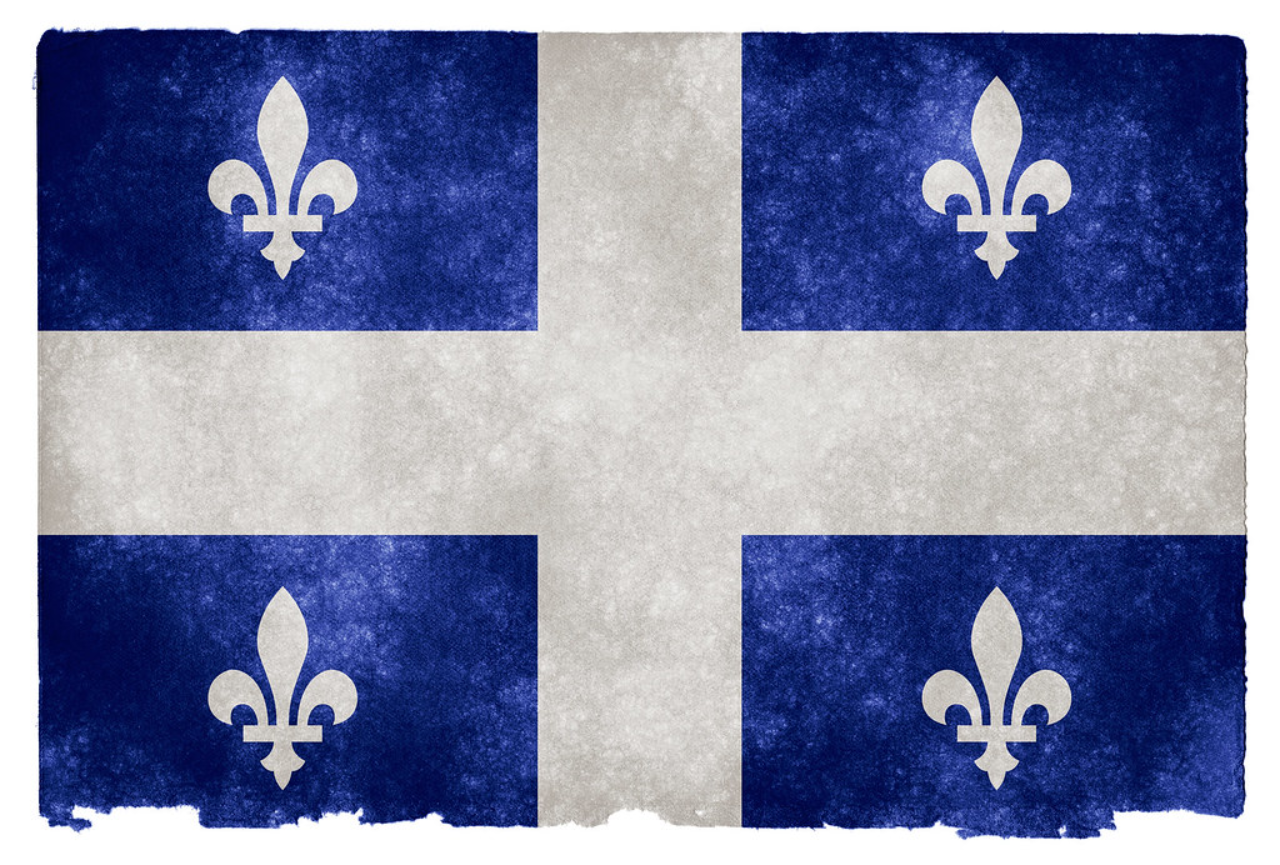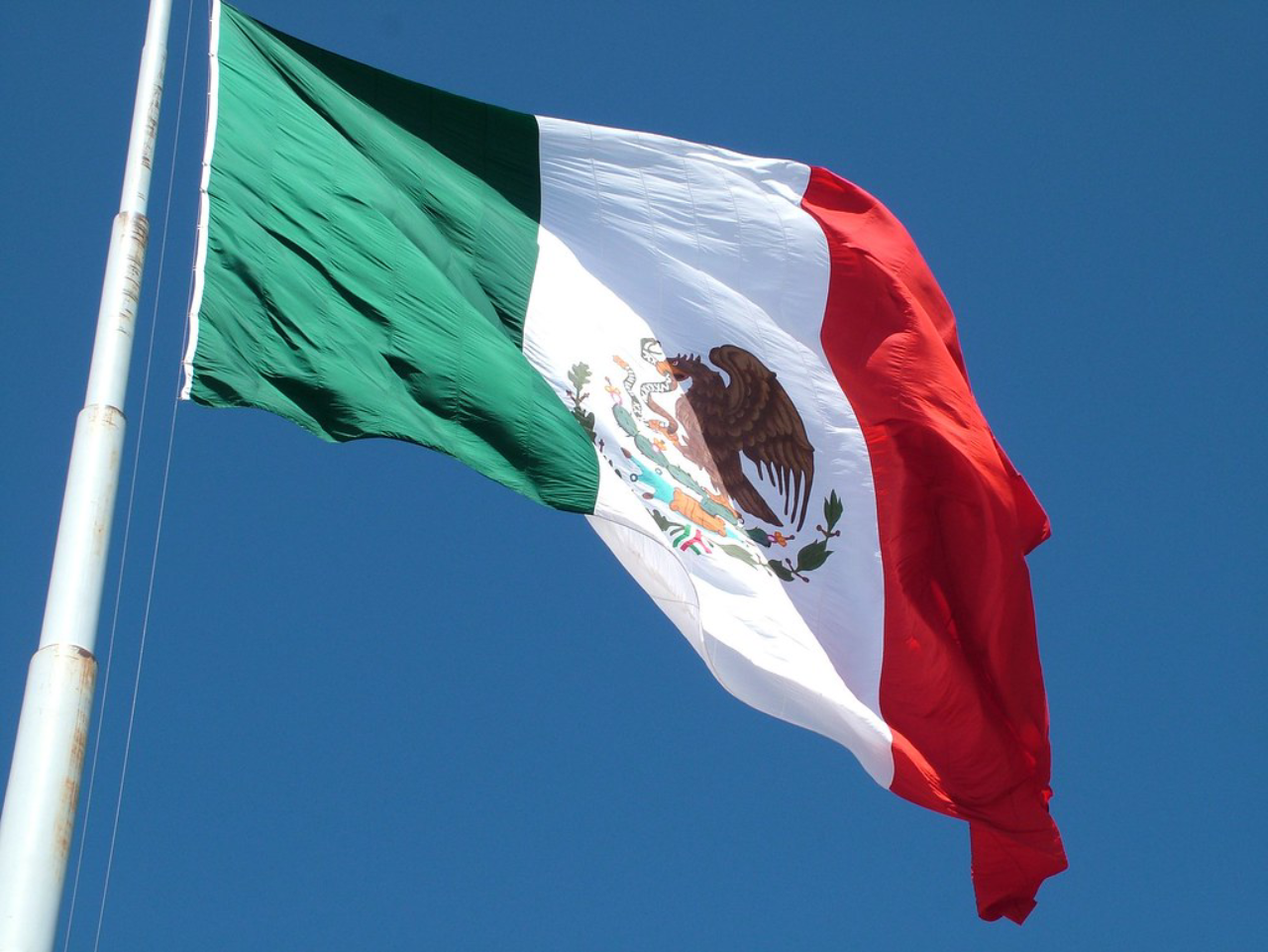Most popular languages to learn in Canada
When you want to study a language, you want to know you’re in good company. You want to know that will have plenty of people to practice with, and lots of resources to help you as you learn. So how better to determine which is the best language to study than by knowing which languages are the most popular currently being studied? Here are Canada’s current most popular languages for learning.

Photo via Flickr
French
Should it be surprising that one of Canada’s official languages is the most popular for Canadians to learn? Reasons for this could be to reclaim a Francophile heritage, immersion for Canada’s immigrant population, or just because French is more easily accessible than other languages in Canada. There is a growing fear amongst Francophiles that Canada is losing its French, with Quebecians fighting to have more French education and an overall richer French presence. Around seven million Canadians already speak French, with a high percentage of those living in and around the Quebec province. So why learn French? Take your pick! French is one of the most popular languages learned in the world, is an official language for important organizations like NATO and the UN, and of course by many viewed as the language of love. It is also one of the few languages to be spoken officially on five continents across the world. What are your reasons for learning French?

Photo via Flickr
Spanish
Outside of the French or English taught as a foreign language in school depending on where you get your education in Canada, Spanish is a popular language for students to learn. Around 459,000 Canadians speak Spanish as a mother tongue, meaning you have a good chance of finding native speakers to practice speaking with. You are most likely to find those native Spanish speakers in Montreal, Edmonton, and the Ottowa and Gatineau provinces, though Spanish is a popular choice for language classes in cities like Vancouver and Toronto. Why is Spanish important? Given the political climate in the United States, Canada is seeing an increase in its immigrant numbers from Spanish-speaking countries such as Mexico. Canada was already the second most popular destination for Mexicans prior to recent legislation in America. For these reasons alone being fluent in Spanish is crucial for communication and helping new citizens adjust. On a global scale, Spanish is one of the most widely spoken languages in the world, meaning the language is useful for business, commerce, economics, politics, and overall for communication. In other words, there are few excuses for why you shouldn’t pick Spanish as your next language to learn!

Photo via Pixabay
Chinese
In provinces such as British Columbia and Alberta, both Mandarin and Cantonese are the most commonly spoken languages to speak after English. In fact, these two languages are the third and fourth most widely spoken languages across Canada, thanks to the native Chinese speakers who make up about 3.5 percent of the total population. Mandarin then is a great language to learn because there are so many people to practice with, and in Chinatowns across Canada in places like Vancouver, Ottowa, and Calgary, you will get real firsthand experience of what the language is like. Mandarin is a popular language to learn for both Canada and many other countries in the world. Mandarin is the most widely spoken language globally, and with China’s growing dominance in our markets, there has never been a better time than now to become fluent in Mandarin. Think of the job prospects, the conversations with online friends, and all the other benefits you will receive for speaking Mandarin!
Best of the rest
Canada prides itself on its welcoming nature and its diversity for those who visit its shores. There are an estimated 200 languages spoken as a home or mother tongue language throughout the country. Which means a lot of native speakers to practice with if you are lucky to find them! Though in terms of what languages are being learned, that varies where you are. You might find a larger number of people taking Italian classes in Central Canada thanks to citizens there wanting to reclaim their Italian heritage. In British Columbia thanks to the large number of native Tagalog speakers, you could be in great company if you decided to study the language there.
In short, whatever you want to learn, and wherever you want to learn that language, there will be people around who are happy to help. Like us! Our native tutors can tailor-make a course for you that fits your specific needs. Why not drop us a quick inquiry to see how it works!
